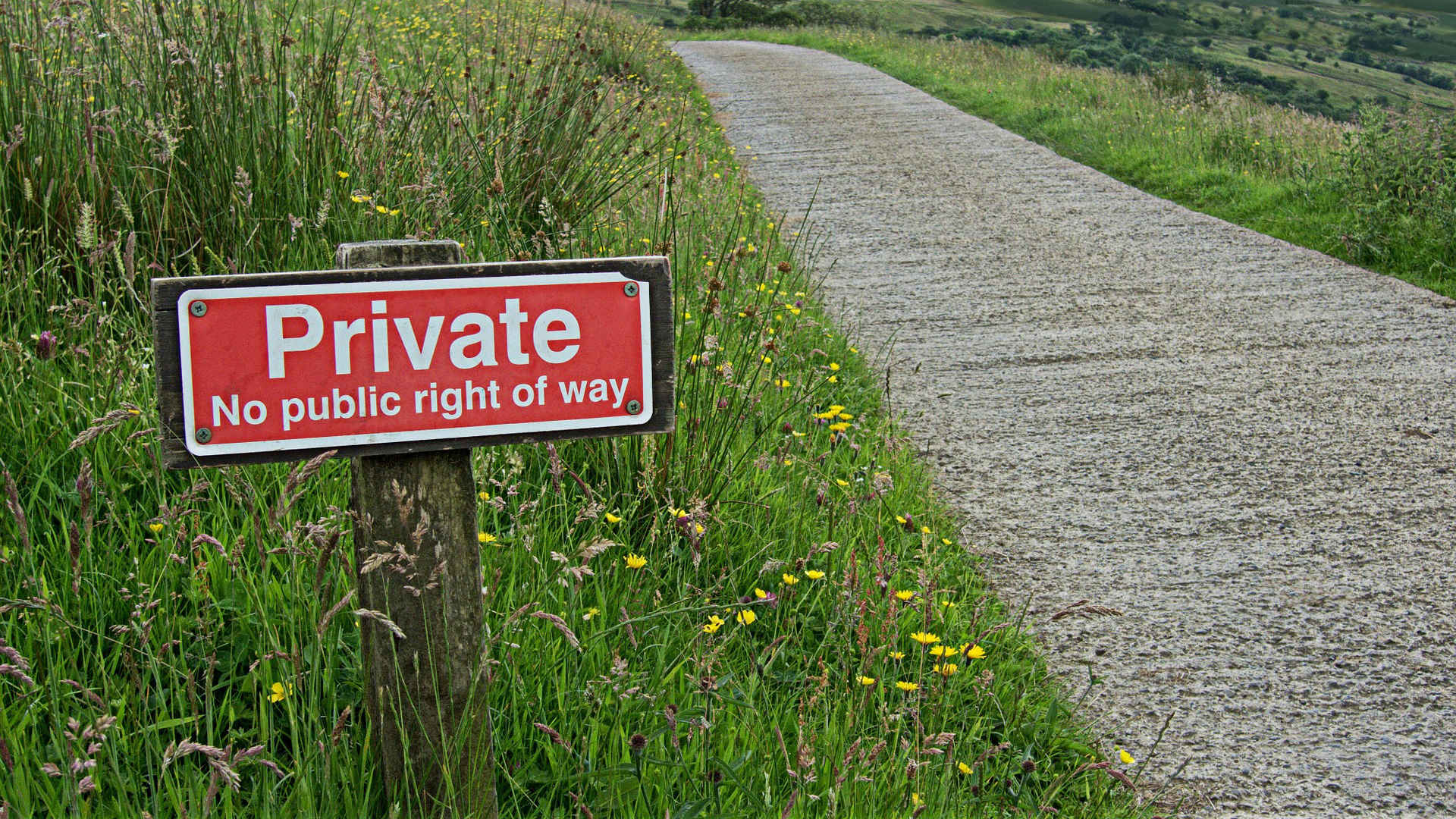Let me first state that I would never have my DNA tested by companies like 23andme and Ancestry. It is not that I would not want to know what is in my genes, but I simply do not trust these companies to do the right thing with that data. A couple of weeks ago, it became clear that 23andme is selling their data to pharmaceutical companies to help them identify potential candidates for testing of new medicines. Given the response, it was not really clear to people that by opting in for finding relatives you also opt-in for data sharing beyond finding those relatives.
Ultimately though, I am not 100% convinced they are capable of keeping my data secure and not get hacked.
But me not testing myself does not preclude me for not being in their database in the first place. When a close family member does a DNA test, they have my data by proxy. Our DNA is closely related. I have no say in this and it is part of how DNA works. But it is fair to say that I do not have a say in this case.
I got reminded of this when I was thinking about the Facebook and Google “market research” apps which got disabled by Apple. The participants chose to share their information with these companies in return for a small fee. They willingly chose to open up their data and share it. You could argue if they fully understood what was happening, but I digress.
While these people chose to share data, my data could have been shared as well. I could have been in a conversation with them or have my contact details in their phonebook. By proxy, my data gets collected as well even though I never gave my consent nor was I made aware.
This is a real problem. Choices of others affect your own privacy and collection on data of you extends beyond yourself. A good example is where Facebook started recommending to “friend” my cleaning lady because she had shared her text messages with Facebook and our conversations were in there.
We really need regulation around data ownership. GPDR in Europe does a nice try but has too much focus on data collection and transfer. It prohibits some propagation of data, but it does not preclude companies from collecting it in the first place. In actuality, this plays in favor of large data collectors like Facebook and Google but gives me little to none rights to have my data not collected at all – especially when you think about collateral data collection like in this post.
You cannot take my car or house because I own those things, but my data is free for all.
Collecting data comes with big responsibility
Contrarian view: collecting private data for good
Data ownership is the way to go
Privacy for the sake of privacy
Your data is out there
Control your personal data
Hands off please
Personal data ownership as a fundamental right
